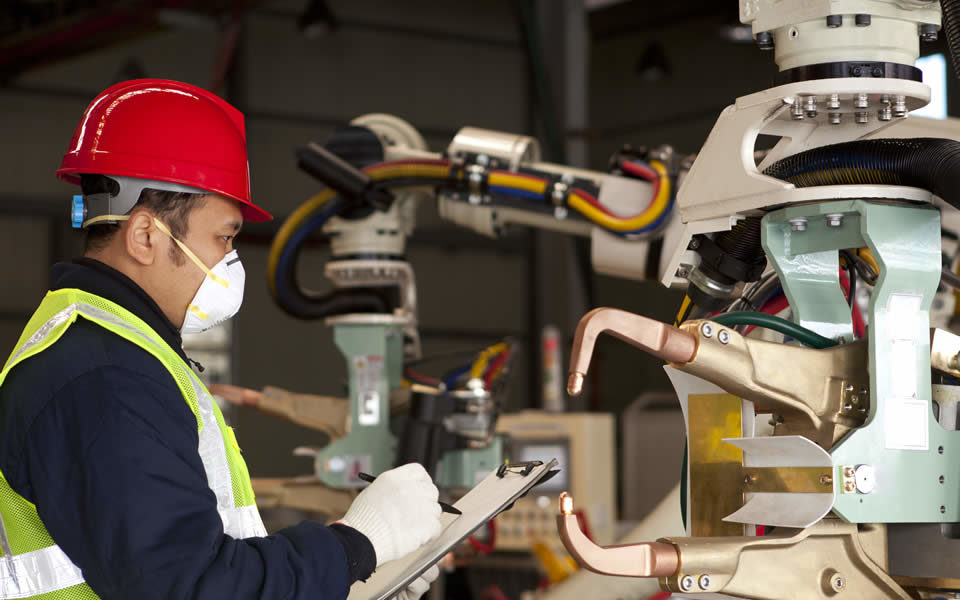Trends in Manufacturing Automation Efficiency
By Juliana Shepetiak, Supervisor, Assurance Services
As manufacturers seek to remain competitive in today’s marketplace, advances in technology are a game changer, one that calls for researching the most updated inventions, strategies, and systems. As they seek new innovations, manufacturers should consider the following tools and where they may want to make changes.
Mobile Robotics
Advancements in robotics technology is making automation achievable for manufacturers of all sizes. Robots can perform numerous tasks in the manufacturing process, from welding and assembly to shipping and product packaging. In addition to being scalable, robotics benefits a manufacturer through cost savings, greater efficiency, and job creation. While the cost of robots may have been prohibitive in the past, costs have been cut in half as robotics production has increased.
We know that many manufacturers struggle to find and retain skilled, qualified employees. When workers become involved in learning how to use automation tools, like robotics, they can master the technology, expand their skillset and streamline processes. Today, robotics engineering is being taught in high schools and universities, making it easier for manufacturers to find people with the required skillsets. Manufacturers should continue their focus on attracting, training, and retaining good talent.
Internet of Things (IoT)
IoT technology is constantly evolving, and that’s a plus for manufacturers, who are focused on complex systems and process management within plants. IoT helps manufacturers connect and monitor the various components of their operations and gain useful insight. This gives manufacturers valuable data that enable them to change, optimize, and improve their manufacturing processes.
Machine Learning
Machine learning is an efficient tool that enables manufacturers to make the most of an ever-increasing volume of data. Through machine learning, a computer system can recognize trends and infer logical conclusions that can help manufacturers make data-driven decisions. As manufacturers are looking to become stronger and more resourceful, they continue to double down on analytics. Machine learning can drive this initiative, helping improve many aspects of production, including inventory management, asset tracking, supply chain visibility, forecasting accuracy, and cost reduction.
Industry 4.0
The latest evolution of the manufacturing industry, Industry 4.0, has enhanced the industry with machine learning and smart technology. The network of connectivity among machines and the rest of the manufacturing line makes it easier to accurately and efficiently create products at a competitive cost.
Industry 5.0 on the Horizon
While many manufacturers are still looking for ways to improve efficiency and productivity by harnessing Industry 4.0, the next phase–Industry 5.0–is on the horizon. Industry 5.0 will focus on humans leveraging the technological advancements of the IoT, machine learning, and robotics to work more efficiently and effectively. As machines in the workplace are utilized more often, Industry 5.0 will merge those cognitive capabilities with human intellect and create successful collaborative operations. This concept will open the door to unlimited opportunities in manufacturing.
Marcum’s Manufacturing, Retail & Distribution advisors will continue to update you on the latest tools to help your manufacturing business grow. Consult your Marcum advisor for assistance.







